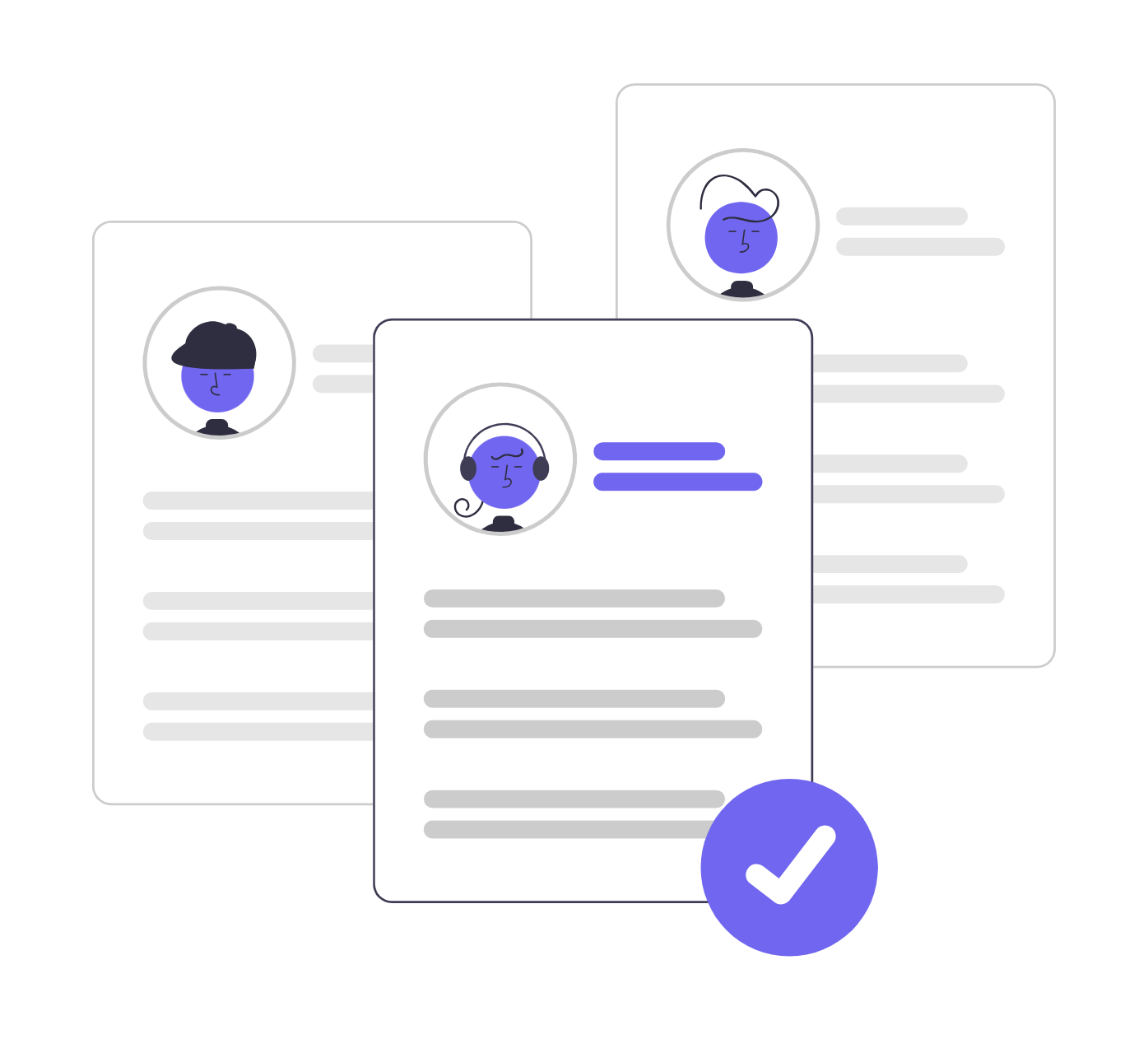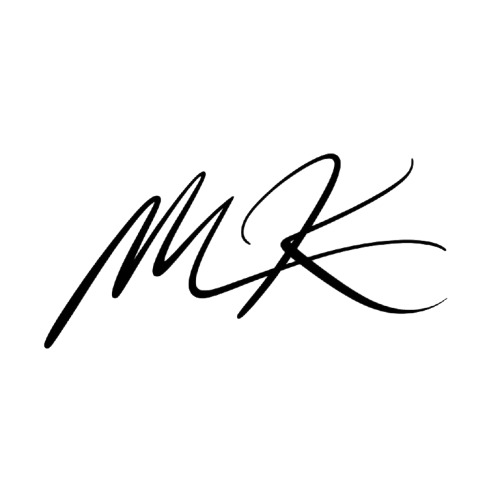Share
When it comes to managing your finances—especially as a business owner or high-income earner—few decisions carry as much weight as whether or not to hire a Certified Public Accountant (CPA). Many people try to save money by doing their taxes themselves or relying on software like TurboTax. And for some, that works.
But for others, the cost of skipping professional expertise shows up later—sometimes as IRS letters, missed deductions, underpaid taxes, or simply wasted time.
So, is hiring a CPA worth it? Let’s break it down.
What Does a CPA Actually Do? (And What They Don’t)
At first glance, you might think a CPA’s job is just to file tax returns. But that’s only part of the picture. A good CPA can:
- Strategically plan your taxes year-round—not just fill in boxes at tax time
- Help structure your business (e.g., choosing S Corp vs LLC) for long-term savings
- Represent you before the IRS in the event of an audit
- Advise on payroll, cash flow, and financial forecasting
- Interpret complex tax rules and apply them to your unique situation
What they don’t do? Act like a magic refund machine. If you’re just hoping for a bigger return without understanding how tax laws apply to you, you may miss the real value a CPA offers: long-term financial protection and strategy.
Easily administer one-click skill tests with Workscreen-This way you can assess candidates based on real-world ability—not just credentials like résumés and past experience. This helps you hire more confidently and holistically.

Who Actually Needs a CPA? A Situational Breakdown
Hiring a CPA isn’t always necessary—but when it is, it can be transformative. Here’s who should seriously consider it:
✅ Business Owners
Especially in the first year, when you’re setting up your structure, tax ID, payroll systems, and trying to keep up with quarterly payments.
✅ Self-Employed Professionals & Freelancers
You’re responsible for your own tax withholdings and may qualify for numerous deductions you’re unaware of.
✅ People with Complex Income
Own crypto? Rental properties? K-1s? Multi-state income? Foreign accounts? A CPA can help you stay compliant and avoid audits.
✅ High Earners with Low Time Bandwidth
If your time is better spent elsewhere, hiring a CPA removes a huge annual (or quarterly) burden.
On the other hand:
❌ If you have a single W-2, no dependents, and take the standard deduction, you can likely use a tool like IRS Free File or TurboTax with no issue.
Workscreen Eliminates low-effort applicants—including those who use AI Tools to apply, copy-paste answers, or rely on "one-click apply." This way, you focus only on genuine, committed, and high-quality candidates—helping you avoid costly hiring mistakes.

Time vs. Cost: The Real ROI of Hiring a CPA
Many people get hung up on the price tag—typically $450–$1,000+ for returns, and $200–$500 per hour for planning or consultations. But that’s only one side of the equation.
Here’s what you’re actually paying for:
- Saved time: Business tax prep takes 20+ hours on average
- Avoiding penalties for errors or late filings
- Strategic advice that lowers your taxes—not just this year, but long-term
- Peace of mind that it’s done right
Consider this: A small business owner who misses an S Corp election or underestimates quarterly taxes can lose thousands. One Redditor shared how a CPA saved them from IRS scrutiny after reporting business losses three years in a row—a classic audit trigger.
Where CPAs Deliver Real-World Financial Wins
Most tax software can walk you through basics. But it doesn’t ask you questions like:
- Have you maxed out your SEP IRA or HSA contributions?
- Should you donate stock instead of cash for better deductions?
- Can you time capital gains in a lower-income year?
- Are you eligible for the QBI deduction?
- Would converting to an S Corp reduce your self-employment tax?
These are the questions CPAs ask before they become missed opportunities.
One user shared how their CPA helped them structure their corporation and optimize payroll to drastically reduce their tax burden—insights no software had offered before. Another mentioned how a CPA caught a $1,000 deduction related to their first-time property purchase that they would’ve never found on their own.
Strategic Tax Planning: The True Superpower of a CPA
Tax filing is backward-looking. Tax planning is forward-thinking.
CPAs don’t just look at your current numbers—they help you structure your business and personal finances in ways that minimize taxes in the years ahead. They consider:
- When to buy or sell assets
- How to time deductions
- What retirement accounts to prioritize
- How new laws affect your decisions today
And they help you plan for life events—starting a business, buying a home, having children, or retiring—in ways that keep you compliant and optimized.
Risk Management: Avoiding Errors, Audits, and Burnout
No one wants to open a letter from the IRS. But filing on your own—especially with crypto, rental properties, or self-employment income—raises the odds of:
- Misreporting 1099s
- Forgetting carryforward losses
- Overstating deductions
- Ignoring compliance triggers (e.g., three years of business losses)
Tax software may not flag these. A CPA will.
In fact, multiple users noted that TurboTax failed to ask for critical data or interpret complex inputs—leading to overpaid taxes or filing mistakes they only realized after hiring a CPA to review their return.
Common Misconceptions About CPAs (Debunked)
“They’re too expensive.”
Maybe—but not as expensive as getting your taxes wrong.
“I don’t need one every year.”
You might not. But you should definitely consider one in years when:
- You start or restructure a business
- You move across state lines
- You experience significant investment gains or losses
- You inherit money or start an estate plan
“I can just use TurboTax.”
Yes—until it misses something big. And it won’t defend you in an audit.
Quickly identify your most promising candidates. WorkScreen automatically evaluates, scores, and ranks applicants on a performance-based leaderboard—making it easy to spot top talent, save time, and make smarter, data-driven hiring decisions.

Choosing the Right CPA: What to Look For
Not all CPAs are equal. Look for someone who:
- Has experience with your type of income or business
- Offers planning advice—not just form filing
- Is proactive, responsive, and communicates clearly
- Charges transparently (and explains what you’re getting)
Avoid CPAs who overpromise refunds or rush through your return without asking questions. A good CPA sees themselves as a partner, not a plug-and-play service.
Alternatives to Hiring a CPA (And When They Make Sense)
- Use TurboTax or IRS Free File if your return is simple and you’re confident.
- Hire a bookkeeper for day-to-day financials, not strategic tax guidance.
- Enrolled Agents (EAs) are often less expensive than CPAs and still IRS-authorized to represent you.
Hybrid solutions also exist: some CPA firms offer a team with both CPAs and bookkeepers—so you get strategy and execution without overpaying.
Conclusion: So, Is Hiring a CPA Worth It?
If you’re a business owner, self-employed, or navigating complex finances—then yes, hiring a CPA is worth it. In fact, it’s one of the most strategic moves you can make for your long-term financial health.
A CPA isn’t just a tax preparer. They’re a trusted advisor, a compliance shield, and a guide through the ever-changing world of tax laws. The earlier you bring one on board, the more value you’ll get—because the best savings come from smart planning, not last-minute scrambling.
FAQ
There’s no fixed income threshold, but once your financial life becomes complex, that’s your cue. This could mean crossing six figures, adding investment income, managing business expenses, or dealing with multiple income streams.
For business owners, CPA pricing typically ranges from $750 to $1,500 for a business return and $200–$500/hour for advisory services. Some offer monthly retainers.
If your situation includes business income, crypto, rentals, employees, or multi-state filings, hire a pro. For simple W-2 incomes with no deductions, software may work — but the moment your finances influence your future tax position, expert help pays off.
All CPAs are accountants, but not all accountants are CPAs. CPAs are licensed, pass a rigorous exam, and maintain ongoing education. They can also represent you before the IRS — something general accountants or bookkeepers cannot do.
Most small businesses outsource. Hiring full-time makes sense only if you need daily or weekly financial oversight. Outsourced CPAs or firms give you flexibility, cost savings, and access to broader expertise.
Yes. While WorkScreen.io isn’t a CPA directory, it’s ideal for evaluating any strategic hire. Use it to create skill tests, filter out poor-fit candidates, and instantly see who’s qualified — whether it’s a CPA, finance lead, or operations manager.

